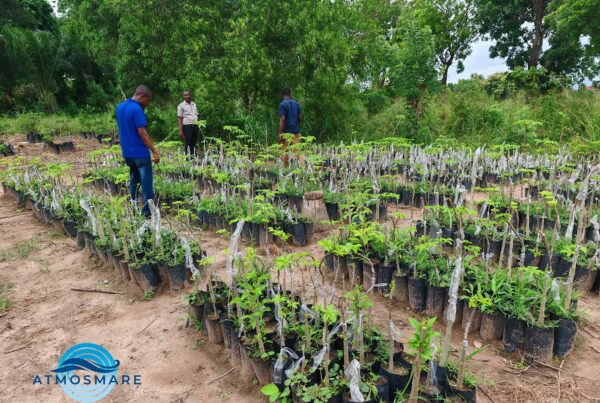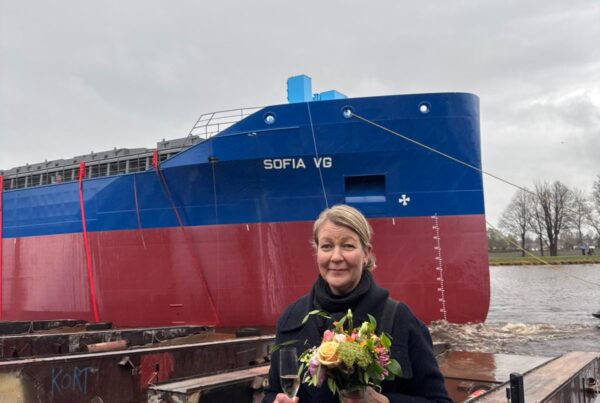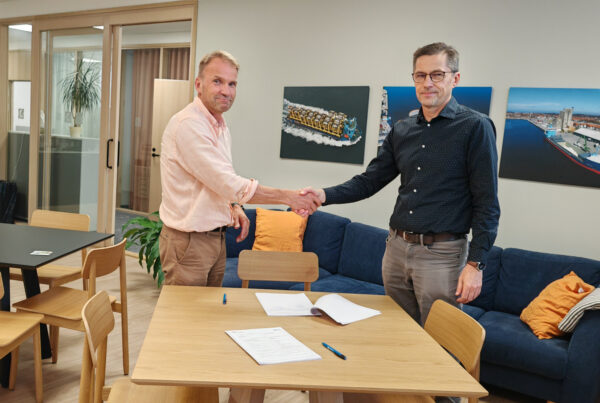Meriaura has been selected as the service provider for transport, distribution and application of gypsum for an environmental project, where gypsum is applied to fields in order to reduce the phosphorus load to the Baltic Sea generated by agriculture.
The customer of this 5-year agreement is the Centre for Economic Development, Transport and the Environment. During this period, the goal is to treat 50,000 to 85,000 hectares of arable land, which means 200,000 to 340,000 tons of gypsum. The project starting in 2020 is part of the Ministry of the Environment’s Water Protection Improvement Program.
Gypsum treatment presents an important opportunity when it comes to the protection of the Baltic Sea. The impact of gypsum on soil’s ability to absorb phosphorus and to restrict phosphorus leaching into water bodies has been studied in Finland for about ten years. It reduces the runoff of solids and phosphorus into the Baltic Sea and improves the water quality in the sea.
The application of gypsum is scheduled to start in late summer / early autumn 2020, immediately after threshing. Meriaura transports gypsum mainly by waterways from Siilinjärvi in lake Saimaa region, along the Saimaa canal, to ports in Southwest Finland, from where it is distributed by land to farms. “This project suits Meriaura Group very well, as we have strong expertise in all its aspects; water and land transport as well as port operations, and we also know the work steps related to the field application,” says Beppe Rosin, agronomist and Managing Director of Meriaura. “We were motivated to win the tender and therefore gave a very tight price. The sea is our field and the state of the Archipelago Sea is alarming, and improving its condition is very important. We see this as a socially responsible project, and therefore for us it is not a matter of maximizing our own profit,” Rosin continues.
As a result of climate change, increased rainfall and snow-free winters are increasing nutrient run-off from land, worsening eutrophication that is the most serious environmental problem in the Baltic Sea. Phosphorus leaching is strongest in the fields that are sensitive to erosion or have abundant phosphorus reserves. The fields of southwestern Finland are one of the significant sources of pollution listed by the Baltic Sea Protection Commission HELCOM. With the help of gypsum, the phosphorus leaching of the field can be cut quickly, as the effect of gypsum begins immediately after it dissolves in the ground. The method is also cost-effective. Farmers in the Archipelago Sea catchment area can apply for a free gypsym treatment from the Centre for Economic Development, Transport and the Environment. The gypsum is delivered and applied to the field at zero cost to the farmer.
For more information please contact
Beppe Rosin, Managing Director, Meriaura Ltd,
tel. +358 50 557 4323 beppe.rosin@meriaura.fi








